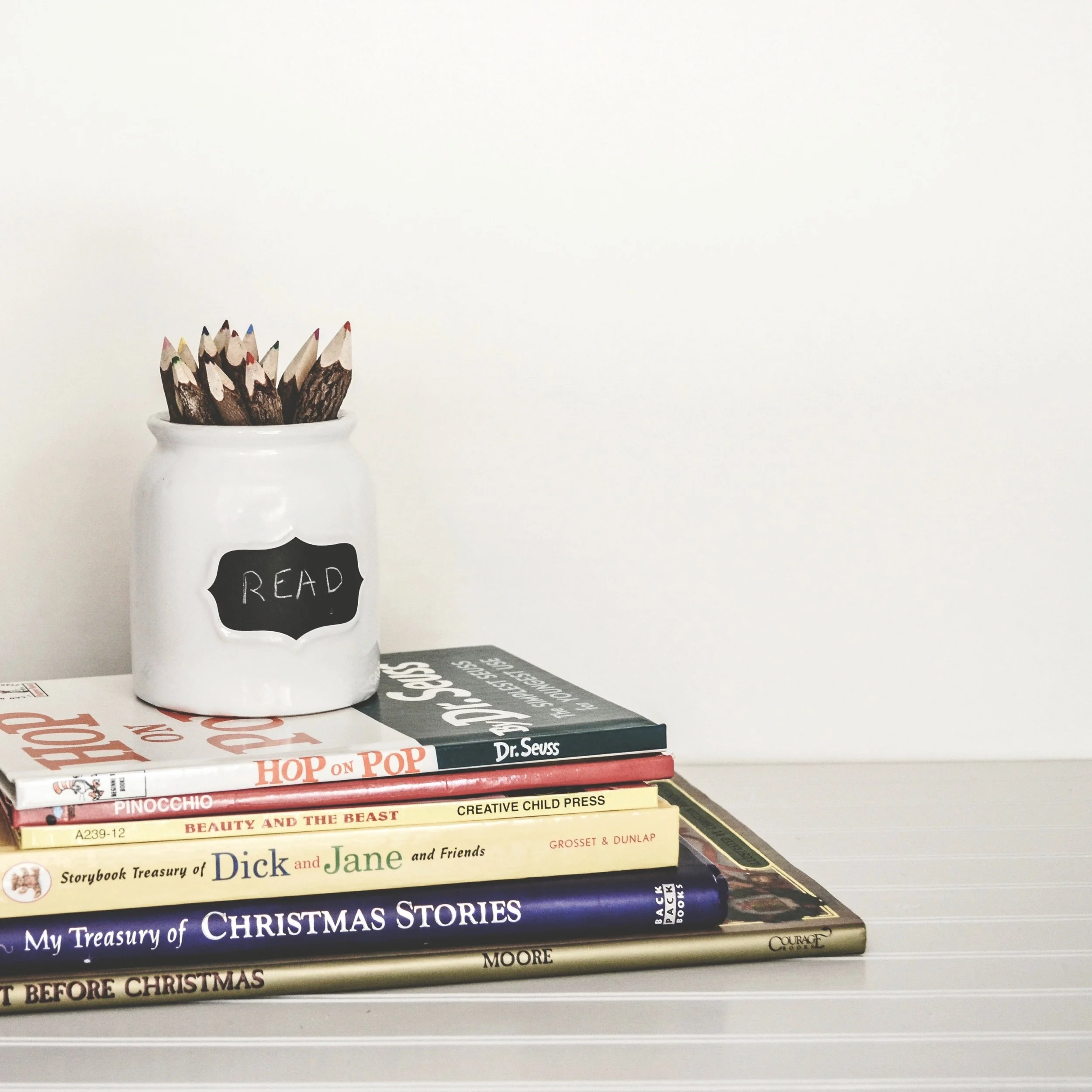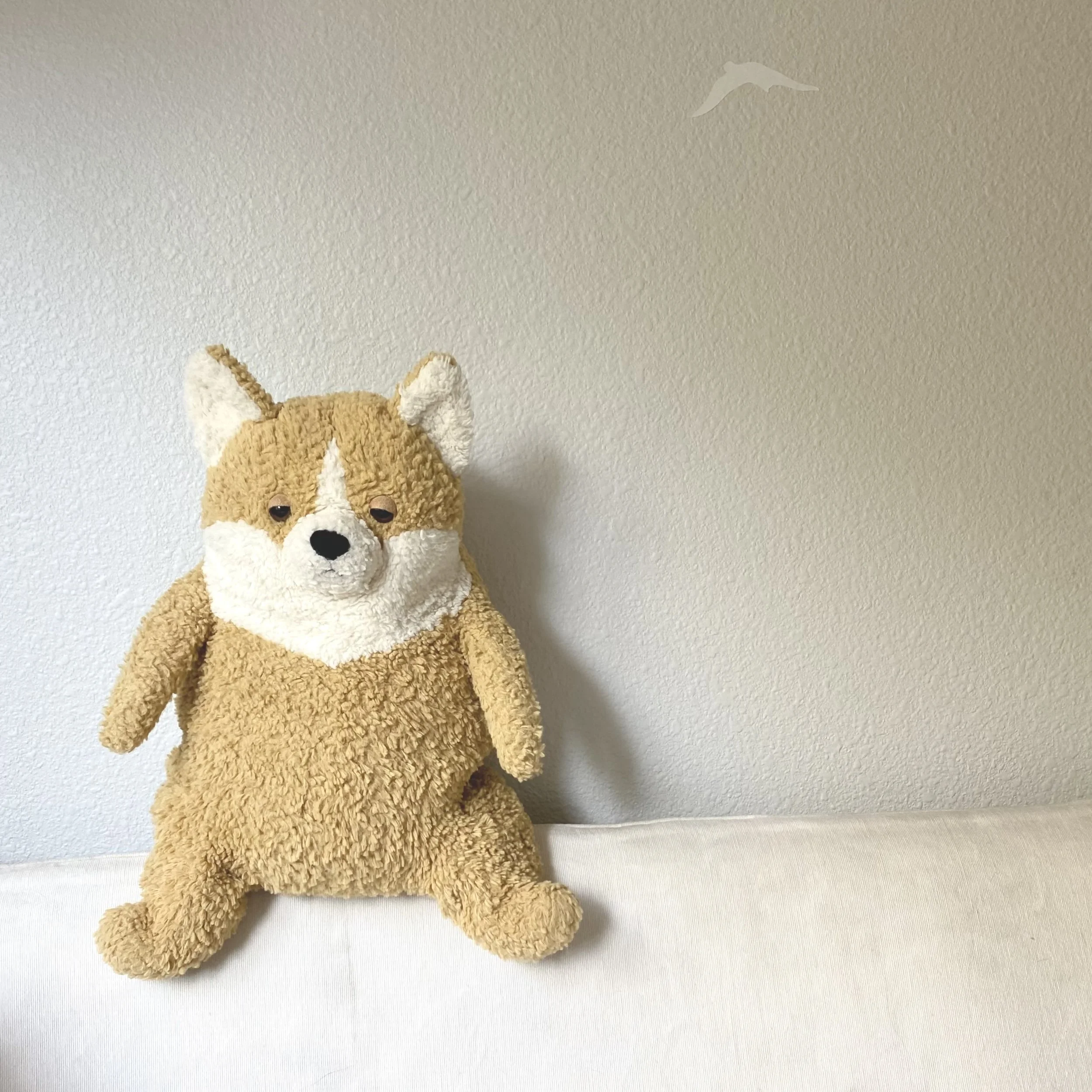One Year Out
Jeevan was crushed by a sudden certainty that this was it, that this illness Hua was describing was going to be the divide between a BEFORE and an AFTER, a line drawn through his life.
– Emily St. John Mandel, Station Eleven
The diagnosis happened one year ago this month. I’m not big on dates, but the actual day I found out is not hard to remember: September 11th. My husband, who had become increasingly convinced that the radiologic characteristics of my ultrasound portended ill despite what felt like the statistical improbability of anything happening to someone as young and otherwise healthy as myself, had been talking all week about “preparing ourselves.” There’s going to feel like a before and an after, I remember him saying. We should try to enjoy the before as much as we can.
Since my husband works at the health care system where I had the biopsy, we had the ability to check the pathology results ourselves, and the report came through one afternoon after I got back from clinic. He sat me down, we read the report together, and of course I went straight to Up-To-Date and rabidly consumed every article I could find on ductal carcinoma. It wasn’t until I read about mastectomies that I started crying.
I thought about that moment yesterday when I discovered that one of my patients had been diagnosed with eye cancer. I had seen a chorioretinal scar at the back of her eye, which she said had been there for over twenty years, but for some reason I can barely remember, I referred her to a specialist. An imaging test there revealed a mass that had grown through the back of the eye and was wrapping itself around her optic nerve. She was back to see me for an eyelid procedure, and had an appointment with an eye oncologist in three months. That’s a long time to wait, I told her. Yes, she said. My daughter told me not to talk like this, but do you think I’ll lose the eye?
And I thought back to that moment a year ago, how the mind cannot help jumping to the worst imaginable loss, how the shock and fear cuts through you like a knife and you cannot even say it out loud, it sits somewhere buried inside. And how it is possible to be here, a year later, sitting in my scrubs with my right breast gone, looking none the different and yet not the same person at all.
It’s a complicated feeling, being a year out. Am I glad to be alive? Yes, I am. I feel like I’ve passed through a veil into the world of the terminally ill, and it’s different being there as a patient. It’s different being the one sitting in the chair instead of writing the orders, the one waiting instead of waited upon, the one being stuck and cut into and medicated instead of the one doing all that to someone else. You take upon yourself in a deeper way the trials of those you meet along the way, many of them not as lucky as you. I came so close to a terminal diagnosis, close enough to feel a bit of what that life is like, and that changes how you move around in the world.
At the same time, am I tired of it all? Yes. I’m through twelve of seventeen infusions now, and plagued with a kind of pedestrian weariness that is difficult to express. I’m tired even of hearing myself talk about how tired I am. Every three weeks, I go in. I’m invariably the youngest patient there by a long shot; anyone my age is there accompanying an older parent, and that always makes me feel strange, like I don’t belong. I see the same nurses now; I sit in one of the same four chairs. They stick the port, I taste the lactated ringer’s flush, they draw labs, hook up the drug. Within minutes, my mind feels fuzzy and my body tired, filled with an inescapable lassitude. Thirty minutes, and I’m done.
The actual side effects of the immunotherapy aren’t nearly as bad as the chemo, but it doesn’t feel great either. It’s more a matter of attrition, of minor dysregulations that add up and blend together until I’m not sure whether it’s the current drug, or after-effects of the chemo, or plain-old perimenopause, for that matter—the allergies, the changes in nails and skin, in appetite and weight and sleep and emotions, and always, always the fatigue, which can flare up unpredictably.
Sometimes I think, I want my body back. I want this piece of plastic out of my chest and neck. I want to stop having my systems flooded with some chemical on the regular that makes me feel different. I want to stop feeling weird whenever something brushes up against the numbness of the place where my breast used to be. But then I remember that it’s gone; that old body will never be back, and it’s really just about finding my footing now, and every step feels like a loss and a gain, at times sad and at times okay and lots of times just numb and wearying. I am glad for a good prognosis but aware all it takes is a new finding on a test to throw it off. I’m glad for a body and mind able to return to classes, work, ministry, workouts, but also aware of a persistent fragility beyond my control. I am glad for the bustle and growth and demands of life all around, but also long deeply at times for a way to get away from it all. I am glad for this life; I am tired of this life.
Eye cancers are rare; this was only the second I had seen in my career. But that doesn’t matter to her, I thought. This was her one wild and precious life; this was her reality. It’s likely you won’t lose the eye, I told her; they’ll do everything they can to avoid that. But it’s hard to live under the possibility, I know. You feel it all, pressing down upon you, but then you take a breath, and that one next step, this one next day, and that is how you find yourself one year later down the road.






